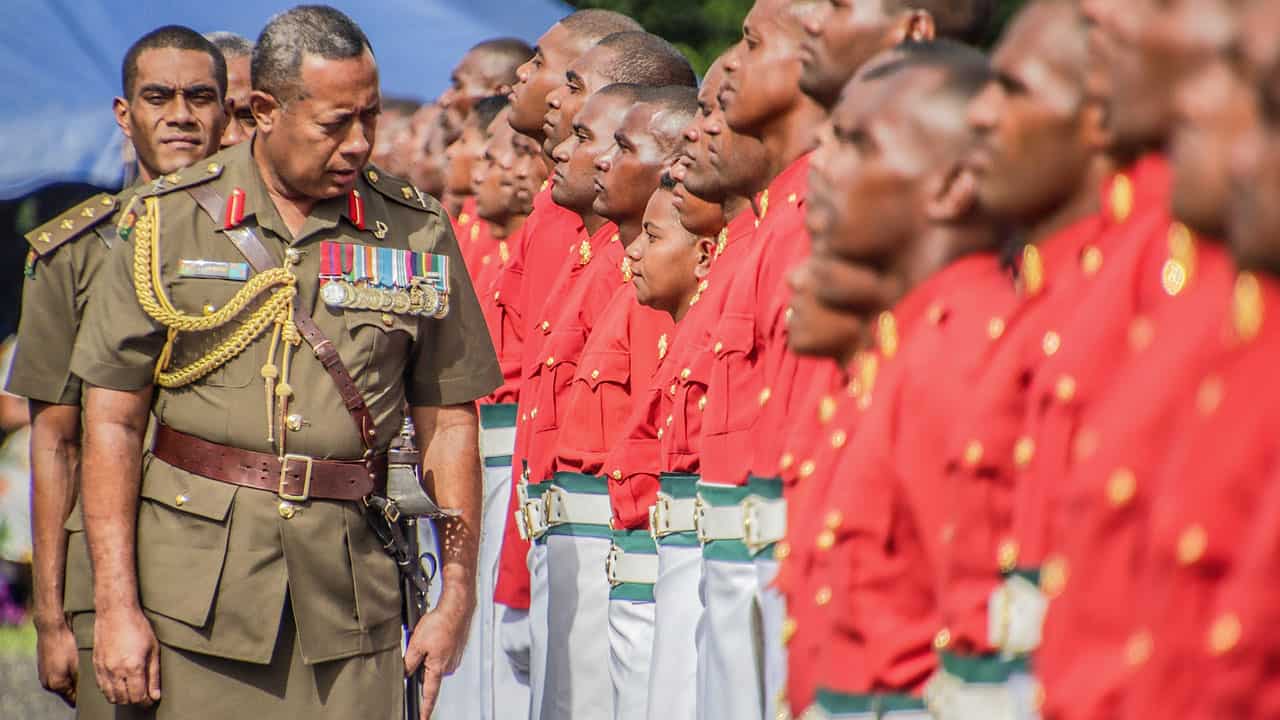The view that the Republic of Fiji Military Forces (RFMF) plays an important and necessary role as the guardian of the 2013 Constitution and as a keeper of the peace within Fiji has recently been expressed by several leading politicians.
In October, Home Affairs Minister, Pio Tikoduadua indicated some support for the RFMF Commander’s criticism of the constitutionality of the proposed cabinet reshuffle saying, “I would like to thank the Commander for the role that the RFMF and he has played in the way that we are now in terms of the security that we enjoy . . .
Please Subscribe to view full content...
